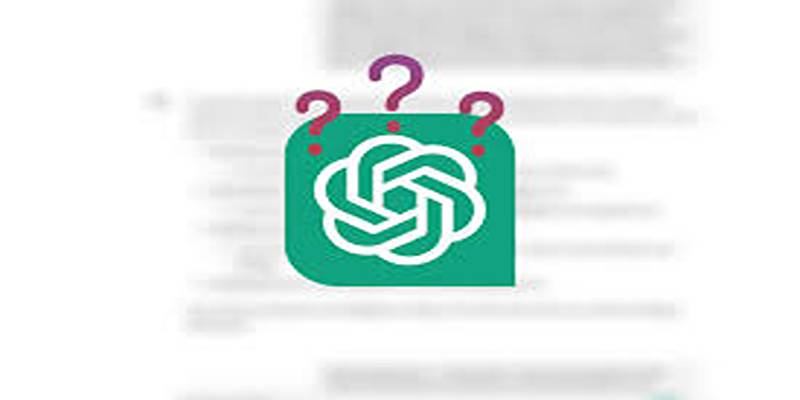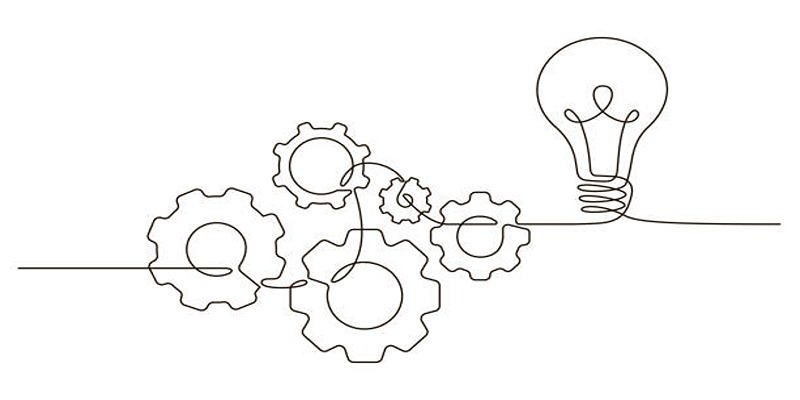Artificial Intelligence (AI) is transforming the real estate industry by streamlining once tedious and time-consuming tasks. Endless paperwork is a thing of the past as AI automates documentation, reducing errors, saving time, and enhancing efficiency. With less time tied up in administrative duties, real estate professionals can focus on what truly matters—sealing deals and driving business growth.
Challenges of Manual Paperwork in Real Estate
Before exploring AI-driven solutions, it’s crucial to recognize the challenges that come with managing traditional, manual paperwork in the real estate industry:
1. Lengthy Processes That Drain Time
The manual processing of forms together with document verification and contract management consumes many days or weeks to finalize these tasks. Transaction durations become unnecessarily long because of these time delays that create challenges for clients and agents.
2. Prone to Human Errors
Data entry by hand produces several errors which including wrong property information alongside signature omissions, and mistakes with financial calculations. The errors create expensive legal difficulties along with financial challenges.
3. Storage and Accessibility Limitations
Storage space requirements become substantial when dealing with physical paperwork because the material can easily suffer from damage, loss or become misplaced. The process of retrieving archived information often proves labor-intensive, which creates delays when executing tasks related to due diligence or making decisions.
4. Compliance and Security Risks
Real estate transactions involve handling sensitive personal and financial information. Poor management of physical documents increases the risk of compliance violations or data breaches, jeopardizing trust and security.
How AI is Eliminating Paperwork in Real Estate?

AI-powered solutions are transforming traditional paperwork into efficient, digital workflows. Here’s how:
1. Automated Document Processing
AI-powered technologies like Optical Character Recognition (OCR) and Natural Language Processing (NLP) are revolutionizing how businesses manage documentation. These tools can swiftly scan, extract, and categorize data from contracts, invoices, identification documents, and more with remarkable precision. By eliminating the need for manual data entry, they reduce errors, expedite processing, and free up staff to focus on higher-value tasks.
2. Smart Contract Management
AI is transforming contract management through the development of smart contracts—self-executing agreements embedded with predefined terms. These contracts automatically enforce clauses, trigger payments, and reduce the need for intermediaries like lawyers or escrow agents.
In real estate, for instance, a smart contract can automatically transfer a down payment to a seller once the buyer’s financing is verified. Such systems minimize administrative delays, speed up transactions, and lower costs. While blockchain-based smart contracts offer transparency and security, AI adds intelligence to optimize the execution and management of these agreements.
3. AI-Powered Chatbots for Instant Documentation
AI-driven chatbots are becoming essential tools in the documentation process. They can guide users step-by-step through document submissions, answer frequently asked questions, and even generate customized preliminary agreements.
For example, a buyer uploading financial statements can receive real-time feedback on whether they meet mortgage eligibility criteria. Integrated with databases and verification systems, these chatbots can cross-check documents instantly, ensuring all requirements are met before submission. This significantly improves customer experience while reducing back-and-forth delays for both clients and agents.
4. Predictive Analytics for Faster Approvals
The ability of AI to analyze vast amounts of data in seconds is a game-changer for predictive analytics. By examining historical data, trends, and client-specific factors, AI can forecast approval outcomes for loans, leases, and property valuations with incredible accuracy.
For example, lenders can automate risk assessments to evaluate a borrower’s creditworthiness or a property’s market value without the need for manual underwriting. Similarly, real estate agents can provide clients with precise price predictions and quicker recommendations. Predictive analytics not only accelerates approval processes but also enhances fairness and accuracy, helping businesses make informed decisions more efficiently.
5. Digital Signatures and E-Verification
AI seamlessly integrates with top e-signature platforms like DocuSign and Adobe Sign, enabling users to sign legally binding documents remotely from anywhere in the world. Beyond convenience, AI enhances security by incorporating advanced verification methods such as biometric authentication (like facial recognition or fingerprint scanning) and real-time database cross-referencing.
These measures significantly reduce the risks of fraud or forgery, ensuring that all parties can trust the authentication process. Additionally, AI systems can send reminders for incomplete signatures or missed steps, helping to finalize agreements faster and with fewer delays.
Benefits of AI-Driven Paperless Real Estate:
The transition from manual processes to AI-powered documentation brings a host of transformative benefits:
1. Accelerated Transactions
AI-driven workflows streamline operations, reducing processing times from weeks to mere hours. This not only speeds up closings but also elevates the client experience, enabling agents and clients to move forward without unnecessary delays.
2. Greater Accuracy
AI systems dramatically reduce human errors in crucial tasks like data entry, financial calculations, and compliance checks. This ensures transactions are precise, legally sound, and free from costly mistakes, fostering trust among all parties involved.
3. Significant Cost Savings
By automating repetitive tasks and eliminating the need for physical materials, agencies and brokers can substantially lower expenses related to printing, storage, and administrative work. These savings can be reinvested into strategic initiatives, boosting profitability.
4. Enhanced Security
AI-powered systems offer robust protection for sensitive information through encrypted digital documents and advanced fraud detection features. Unlike physical files, which are vulnerable to loss or tampering, digital records are more secure, traceable, and reliable, providing peace of mind for both clients and agencies.
5. Sustainable Operations
Adopting paperless processes not only saves costs but also reduces environmental impact. By cutting down on paper usage and embracing eco-friendly practices, organizations can align with sustainability goals and attract environmentally conscious clients and stakeholders.
How To Go Paperless

To shift to a paperless office environment, organizations need to follow a systematic approach. Some essential steps include:
1. Identify and Analyze Current Processes:
The first step is to identify the processes where paper usage can be minimized or eliminated. Conduct a thorough audit of all the documents that are created, stored, and shared within the organization.
Analyze how these documents are used and whether they can be converted into digital formats. This will help in identifying areas where paper usage can be reduced or eliminated entirely.
2. Invest in Digital Tools:
Organizations need to invest in digital tools and software that will enable them to create, store, and share documents digitally. This includes document management systems, cloud storage services, and collaboration software. These tools not only reduce paper usage but also make it easier to manage and access documents from anywhere at any time. They also provide better security for sensitive information as compared to physical paper documents.
3. Encourage Remote Work:
The rise of remote work has also contributed to reducing paper usage in organizations. With employees working from home or other remote locations, there is less need for printed documents and more reliance on digital communication and collaboration tools. This not only saves paper but also reduces the need for physical office space, resulting in cost savings for companies.
Conclusion:
AI is transforming the real estate industry by replacing tedious paperwork with intelligent, automated solutions. Innovations like smart contracts, digital signatures, AI-driven chatbots, and predictive analytics are streamlining transactions, making them faster, more accurate, and more secure. Real estate professionals who embrace these advancements will gain a significant competitive advantage, providing clients with a seamless and efficient experience.











